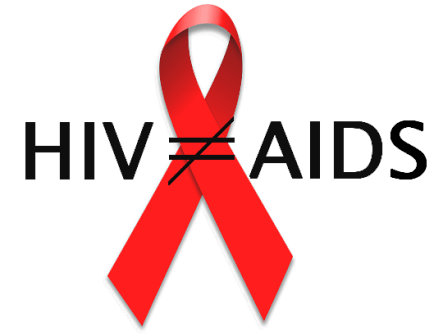In partnership with the Jamaican Community of Positive Women and the Ministry of Health and Wellness, UNAIDS and UNFPA – UNFPA Caribbean is collaborating in 2021 to empower mothers living with HIV to become mentors to other expecting mothers living with HIV attending antenatal care facilities. The beneficiary groups are women living with HIV who would like to become pregnant; would like to avoid pregnancy; are currently pregnant; or have become mothers in the past 12 months. The issues of focus will be integrated sexual and reproductive health and rights, HIV prevention, adherence to HIV treatment, and GBV in order to achieve the elimination of mother to child transmission of HIV.
The primary objective is to contribute to the elimination of mother-to-child transmission of HIV through gender-sensitive, rights-based, peer and community-led responses. The specific objectives are to provide peer community facilitation, information, mentoring and coaching that will:
- Promote the sexual and reproductive health rights of women living with HIV and promote the well-being of their children;
- Promote the linkage and retention into the EMTCT cascade – testing, counselling, retention in care, adherence to HIV treatment, viral suppression, STI testing and treatment;
- Promote and encourage uptake of early and regular safe maternity services (antenatal care, delivery care including emergency obstetric and new-born care, postnatal care, and post- partum family planning)
- Promote access to integrated family planning services;
- Promote condom use;
- Provide information on gender-based violence (GBV) and the GBV referral pathway; and
Encourage the involvement of the woman’s partner and supportive family members, where possible, respecting the woman’s right to confidentiality, privacy, choice and non-discrimination.
The overarching principles are to deliver peer community facilitation, information, mentoring and coaching, from a gender-sensitive, rights-based approach (i.e. ensuring choice, confidentiality, privacy, and non-discrimination); involve the woman’s partner and supportive family members wherever possible; and provide facilitated referrals to the EMTCT cascade and other services as appropriate.


